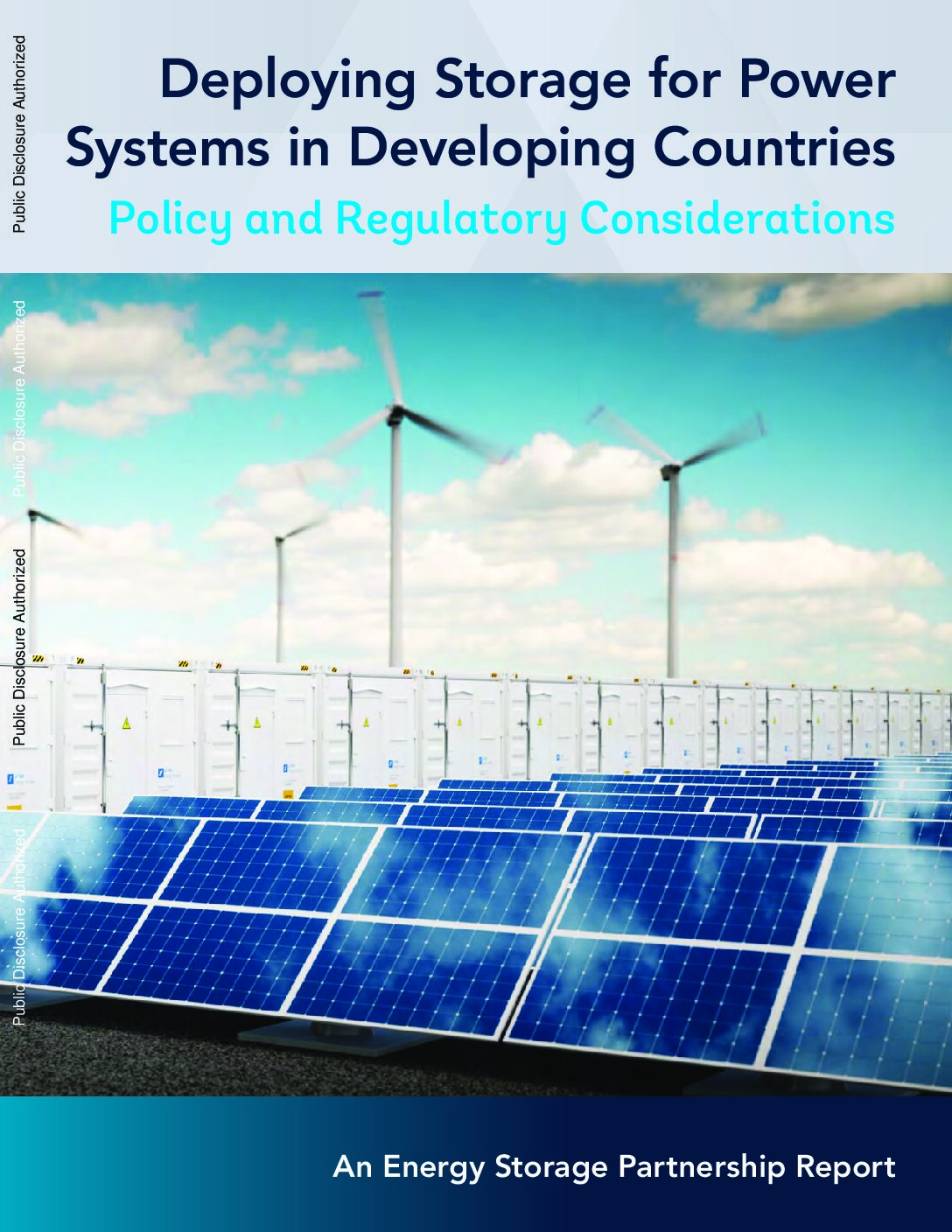This slide deck, part of an online course, gives a brief but thorough overview of business models for off-grid solar energy, looking in particular at pay-as-you-go models, and presents insights into the investment landscape for off-grid solar companies.
This guidance note outlines the advantages and risks of pumped storage hydropower projects, and provides advice for how projects can be structured and funded.
This executive summary of a larger report provides a quick overview of the growth of battery demand since the early 1990s. It shows that the reduction in battery costs and the increase in efficiency has led to a domino effect, as batteries become viable alternatives to other energy sources for ever more applications.
The Long Duration Energy Storage Council is a global non-profit working with energy companies, technology providers, investors and governments to accelerate the deployment of large-scale energy storage around the world. This platform provides an overview of different energy storage technologies.
This report by the Alliance for Rural Electrification explores the role of women in advancing electrification and socio-economic development in rural communities and gives examples of ways to integrate gender equality throughout the off-grid energy supply chain.
This article provides a quick and accessible introduction to different energy storage technologies, including thermal energy storage, pumped storage, hydrogen, and gravity batteries, with links to recent projects.
This explainer by the German Heinrich Böll Foundation provides a quick overview of green hydrogen, the way it is produced, the role it can play in the energy transition, and the main challenges.
This World Bank report by the Energy Storage Partnership provides advice on enabling policy and regulatory environments to attract investment in grid-scale energy storage projects in developing countries.
This report highlights the importance of sector coupling as a key source of flexibility that cities can explore to stabilise power grid operations when integrating high shares of variable renewable energy sources. It presents a range of sector coupling opportunities available for use in cities, including self-consumption of variable RE sources, the role of thermal […]
Institutions all over the world are setting up microcredentials in responses to calls from governments and industry: short courses, usually offered online by accredited institutions, with an emphasis on the needs of the workplace. They are also often used for retraining and upskilling. This book explains how to start offering microcredentials as an academic institution.





